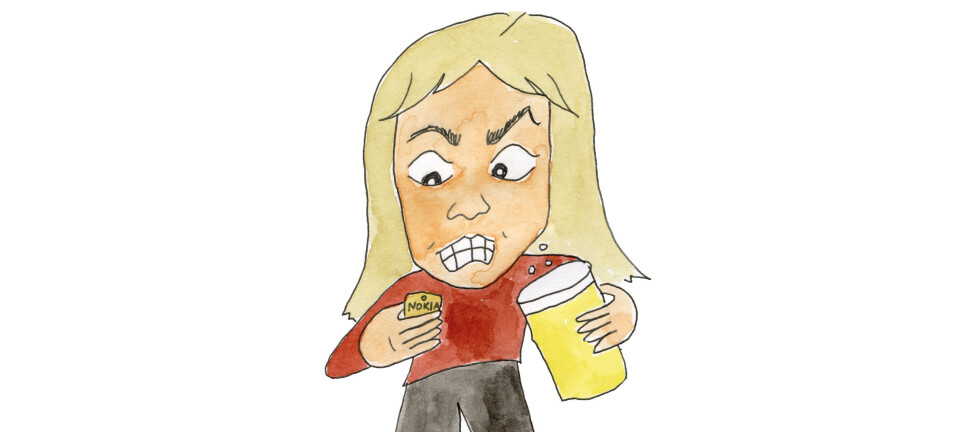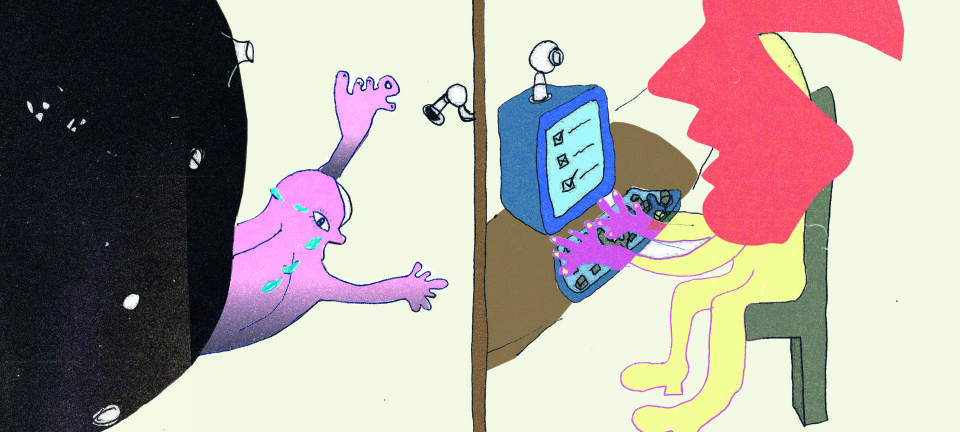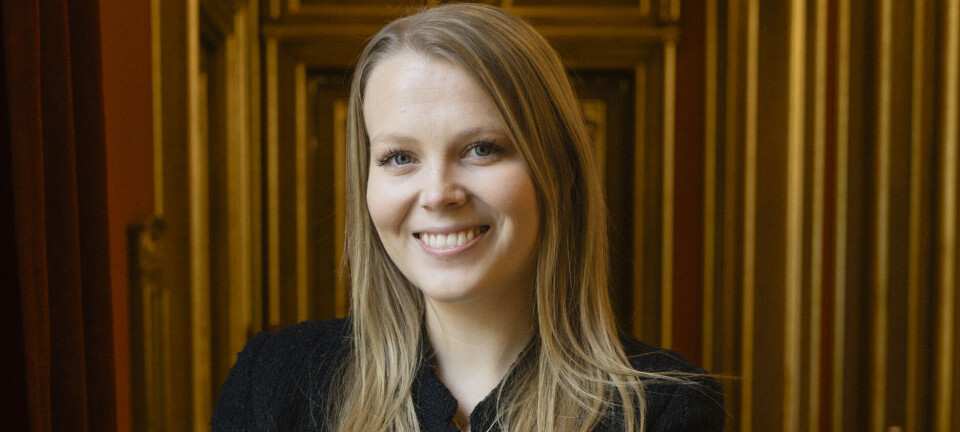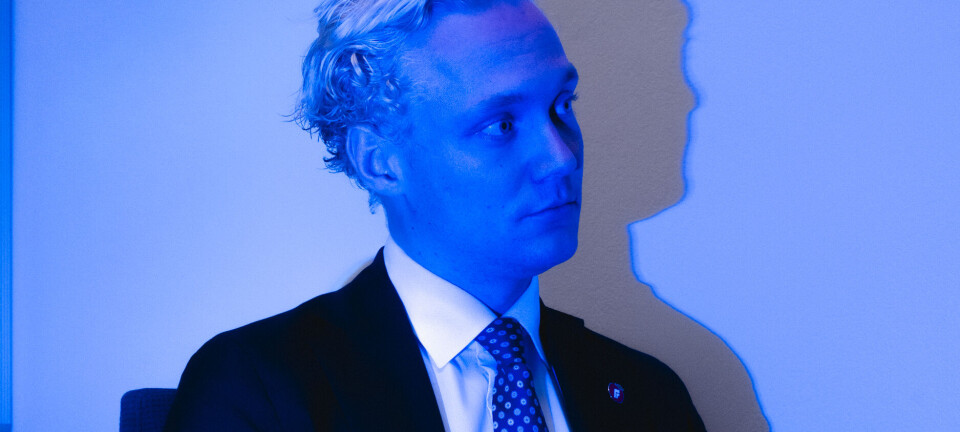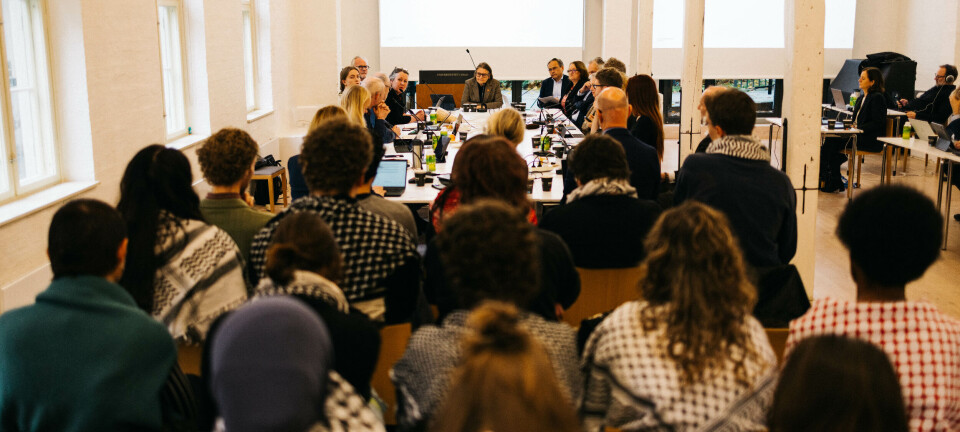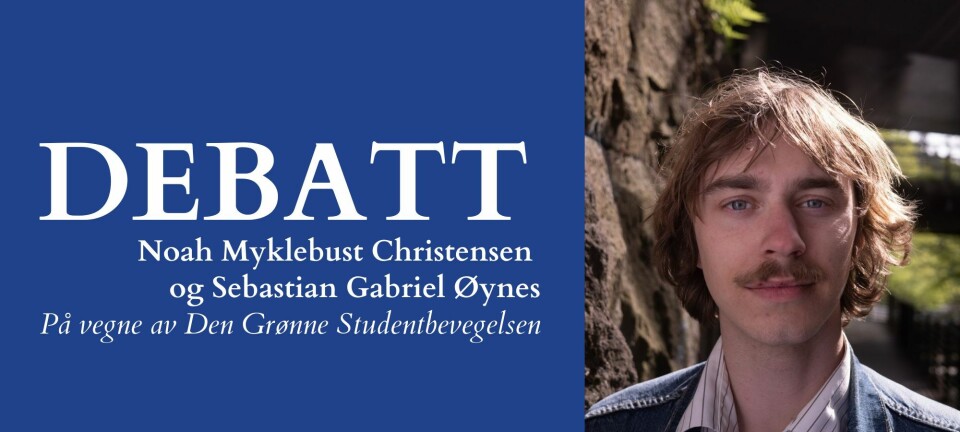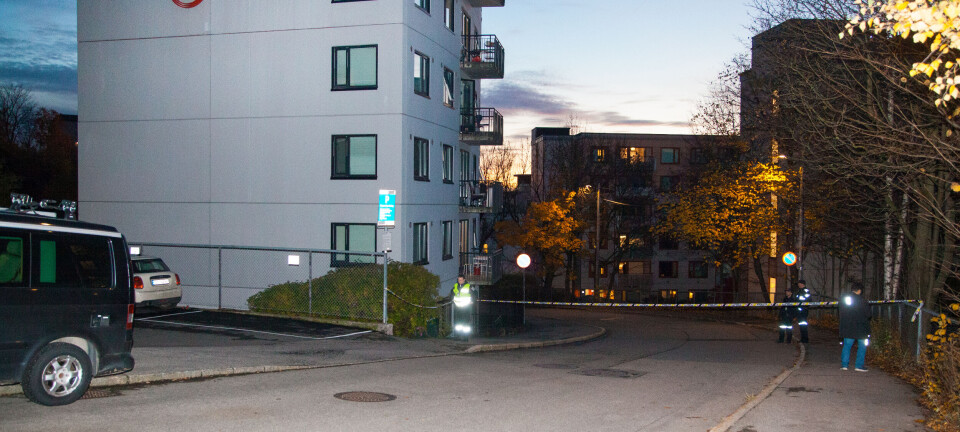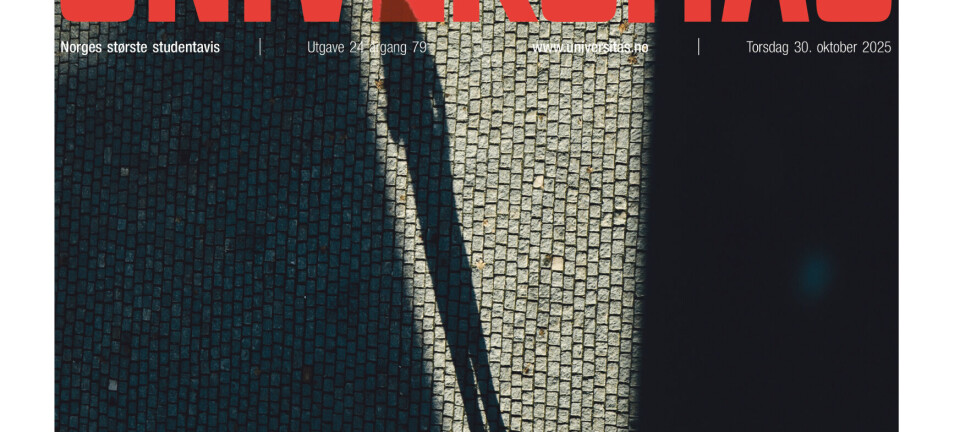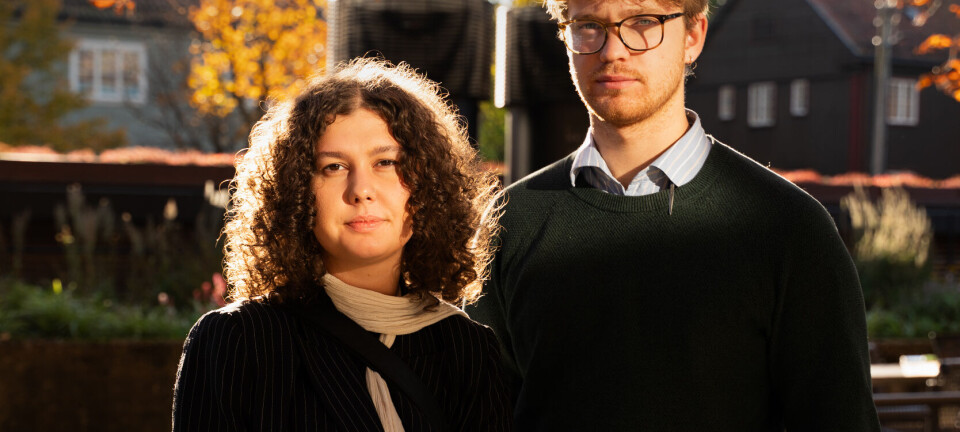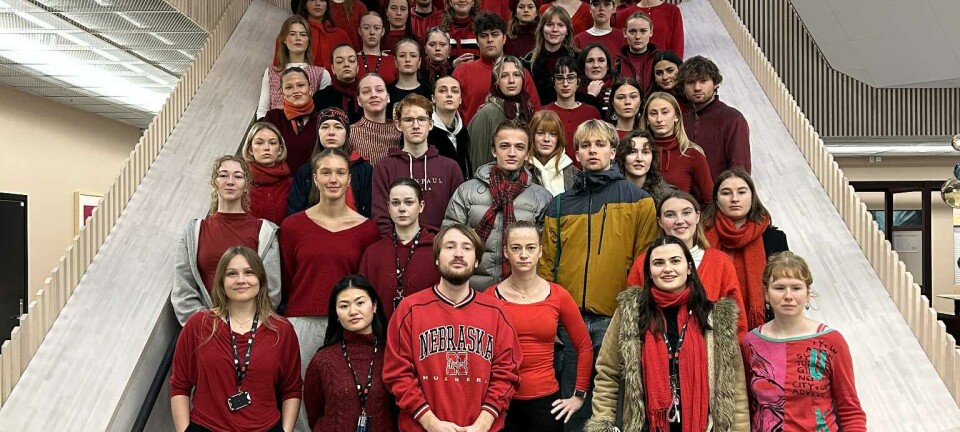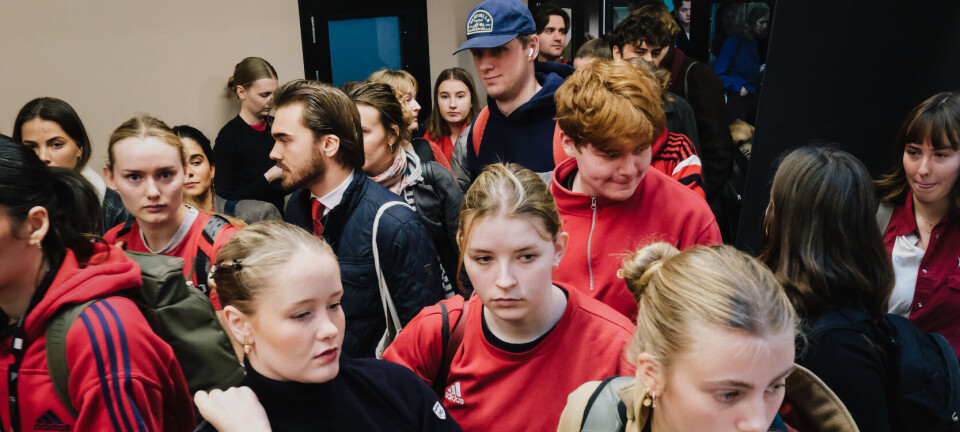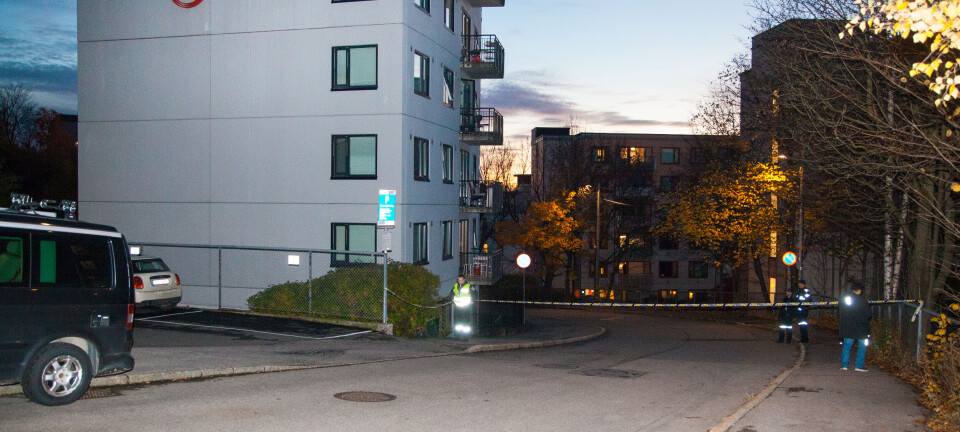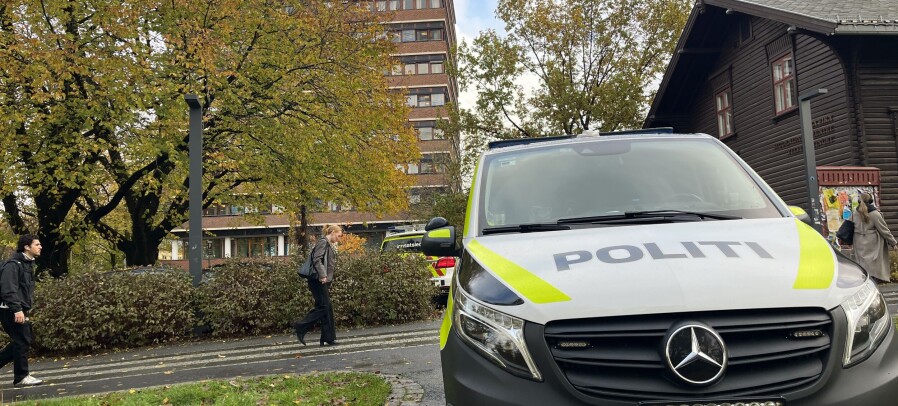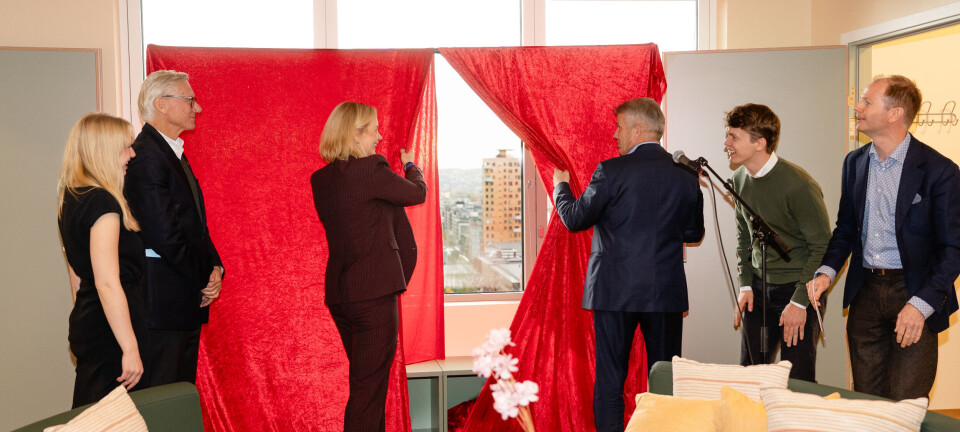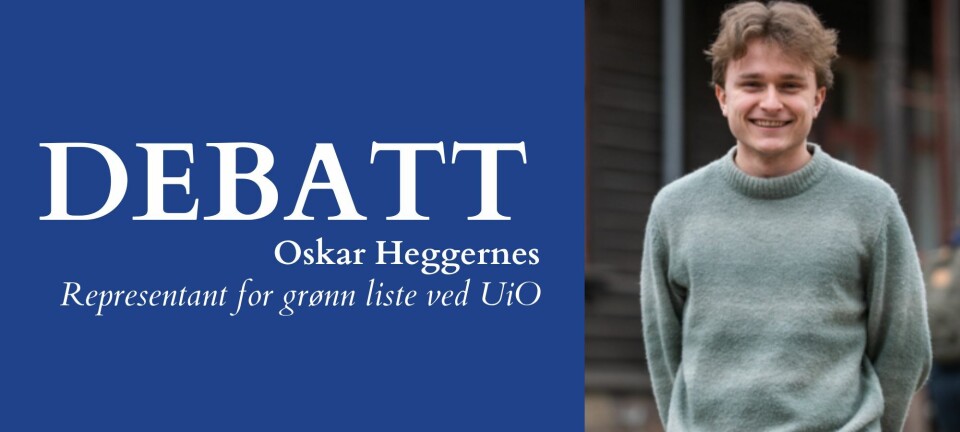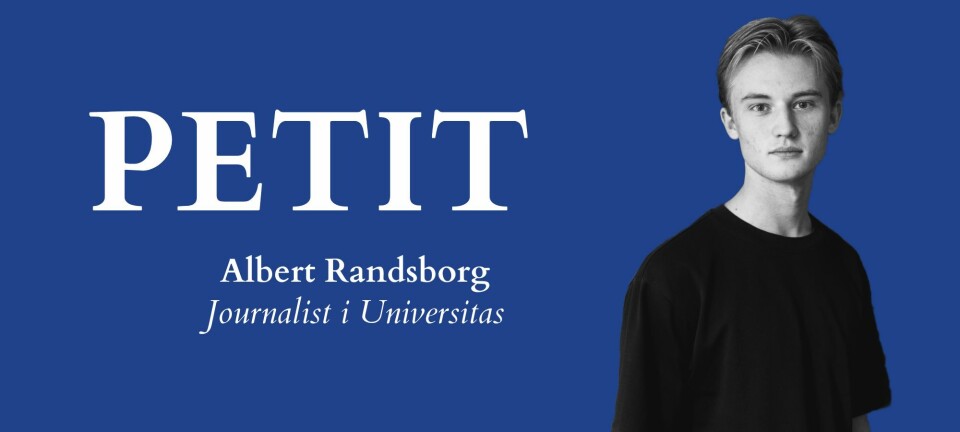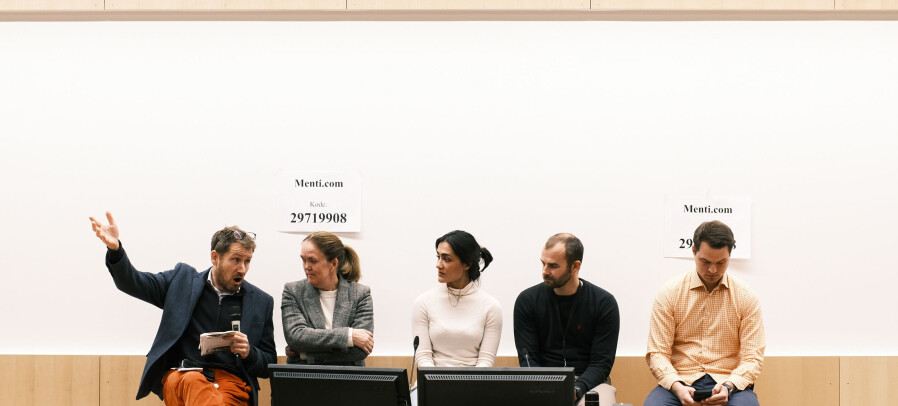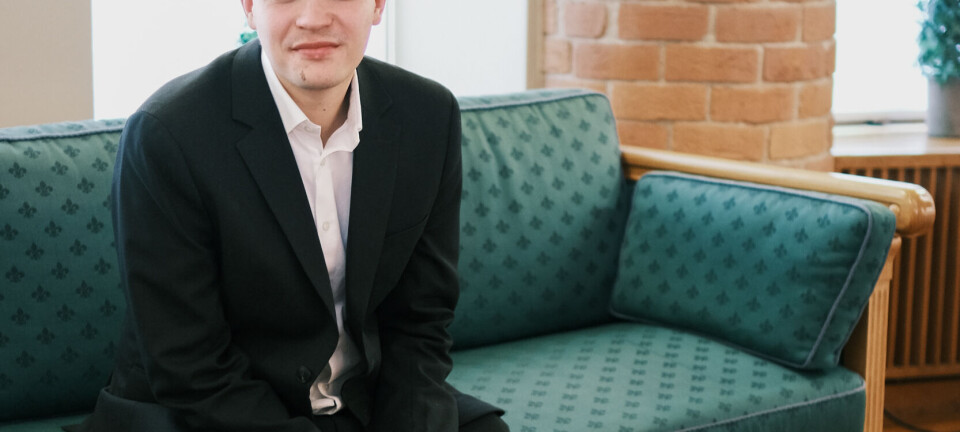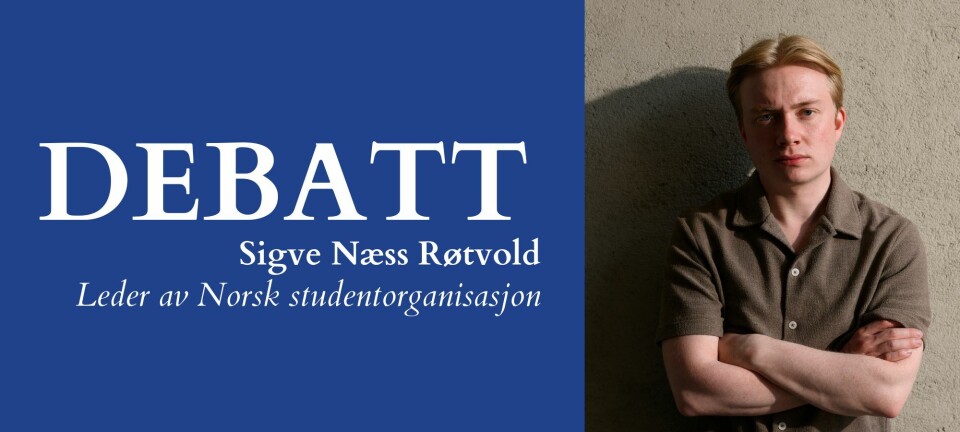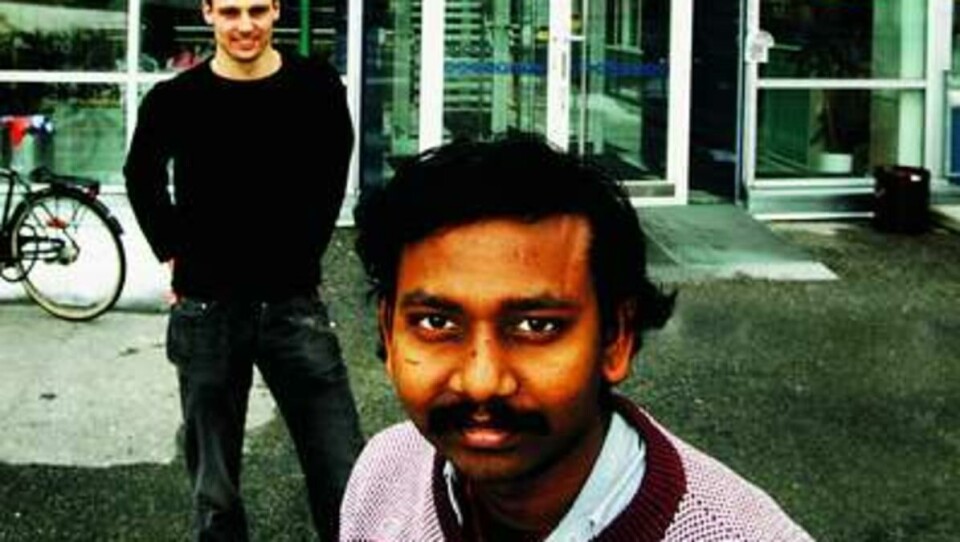
Norwegians lagging behind
A growing number of research fellowships for science and mathematics at UiO are granted to international students. Norwegians choose the business industry rather than academics.
Recent numbers from the Faculty of Mathematics and Natural Sciences (Mat.nat) indicate that a growing number of Norwegians disregard science and mathematics for their doctorates. In 1995, 18 per cent of the research fellows had foreign citizenships. The percentage has currently increased to 30. Compared to the other faculties at UiO, the Faculty of Dentistry is the only one that has a larger percentage of foreign research fellows.
Pro-dean for research at Mat.nat Anders Elverhøi is worried.
– The problem is that we don’t know whether the foreign research fellows will stay behind after their fellowships run out, or whether they will go back to their own countries, he says.
– If all of them leave, their competence is lost for the Norwegian research community, and we will not receive the benefits from a fairly expensive investment. We are likely to shoot ourselves in the foot if we are only to be a pit stop, Elverhøi says.
Choosing the business industry
Klaus Magnus Johansen, representing research fellows in the Senate, believes that the number of foreign research fellows will increase in the future.
– Great demand for science and mathematics students increases salaries, which consequently leads to the fact that Norwegians prefer the private business industry rather than research fellowships, Johansen says.
According to him, the private business industry pays Master’s students of science and mathematics between NOK 60 and 70,000 more than research fellows get at UiO. Salaries will continue to rise seeing as how the business industry is in desperate need of more candidates with special skills within science and mathematics.
Terje Flaten is a network manager within drilling and international affairs in Statoil. In 2005, he took on 150 people only in his section for Geology and Reserves. Most applicants were foreign.
– We need science and mathematics experts in most fields. In our line of business, it is very favourable with international manpower because we are operating in an international market. However, I wish there were more Norwegian applicants, he says.
– Positive
Pro-rector for research at UiO, Haakon Breien Benestad, appreciates the nature of the concern. However, he feels that you cannot avoid such a situation when announcing job openings internationally.
– Internationalisation is an objective, and Mat.nat does indeed want the best candidates. So if foreigners are the most qualified, it is good if they get the jobs. We can only hope that some stay behind. If everyone leaves, this does not really sit well with our intended priority of science and mathematics, Benestad says.
Deputy Minister in the Ministry of Education and Research Åge Rosnes, representing The Socialist Left Party of Norway (SV), does not see any reason to worry about the high percentage of foreign research fellows.
– We have internationalisation as a predominant objective in our policy on Research. I think it is positive if Norway is an attractive country for foreign researchers.
– But is it not a problem that the recruitment of Norwegians is failing?
– If the general decline of interest in science and mathematics leads to fewer Norwegians applying to research fellowships, then we need to consider it. We need recruitment from our own lines as well as from foreign circles. However, it is important to see the value of exchange programmes, Rosnes says.


